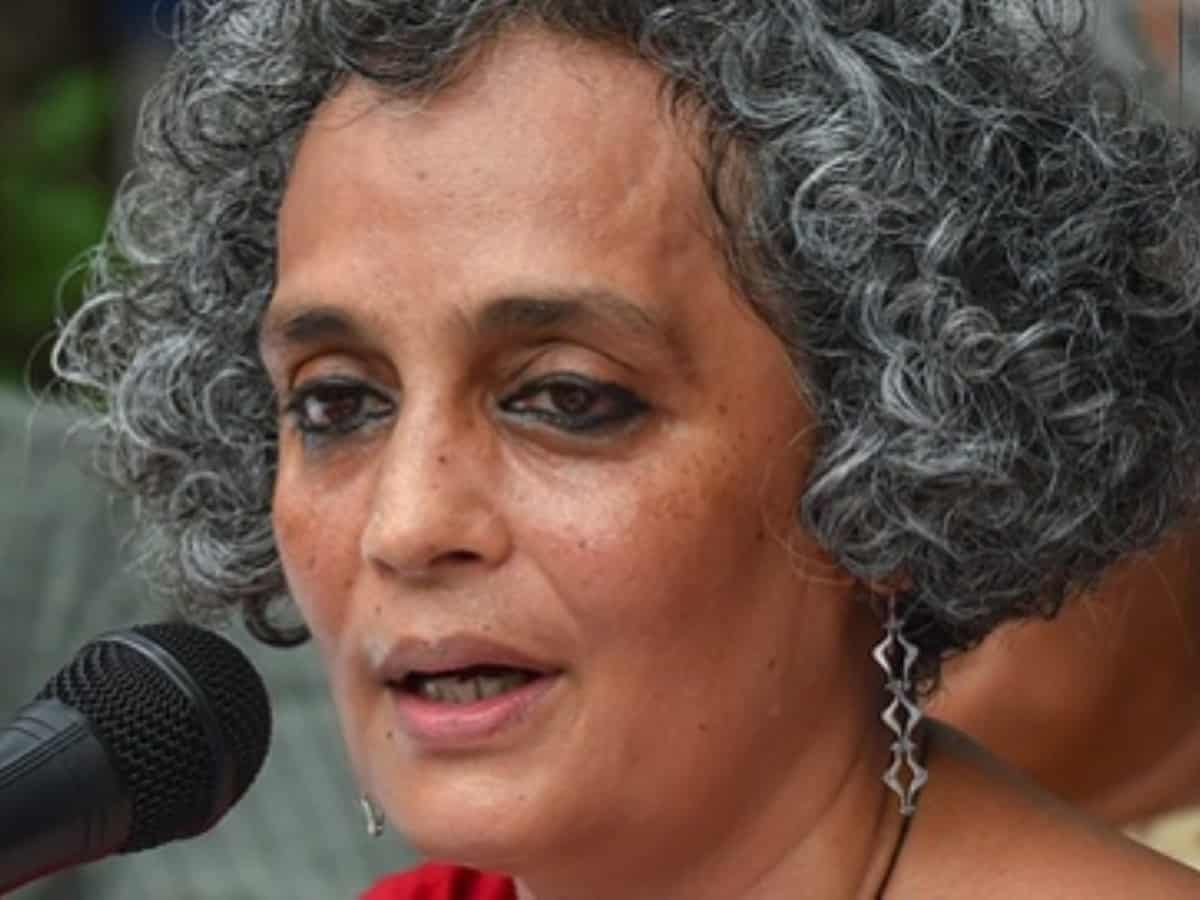[ad_1]
Thane: All India Majlis-e-Ittehadul Muslimeen’s (AIMIM) Maharashtra chief Imtiaz Jaleel on Saturday sought to know whether renaming of Aurangabad city as Chhatrapati Sambhajinagar will end the problems faced by people residing there and also resolve issues like unemployment.
He also accused Chief Minister Eknath Shinde of being a “puppet” in the hands of the Bharatiya Janata Party (BJP) and said the split in the Shiv Sena has adversely affected the people of the state.
The Aurangabad MP was speaking to reporters in Navi Mumbai on the first day of his party’s two-day national convention.
The Union government has approved the renaming of Aurangabad city as ‘Chhatrapati Sambhajinagar’ and that of Osmanabad city as ‘Dharashiv’. Chhatrapati Sambhaji, the eldest son of warrior king Chhatrapati Shivaji Maharaj, was the second ruler of the Maratha state founded by his father. Sambhaji Maharaj was executed on Aurangzeb’s orders in 1689.
“Will changing the name of Aurangabad resolve the problems faced by citizens? Now that its name has been changed, the government should tell me if the people residing in Aurangabad will get water two times daily. Even today, the water is supplied every eight days,” he said.
Changing the names of places will not change their history. It will remain the same – whether it is good or bad. By changing names, history cannot be altered, he said.
Will the unemployed youths get jobs after the change in name and will there be a positive change in the lives of the farmers who commit suicide as they do not get good price for their crop, Jaleel asked.
“Instead of resolving these real issues or talking about them, they are raking up emotive issues like changing names of roads, buildings, railway stations, airports or cities. People are kept engaged in such emotive issues and efforts are on to keep them away from serious issues,” he alleged.
“Since the past several years, the BJP and Shiv Sena have been doing this and they continue to do it even now. We have opposed them and will keep opposing them. But it does not not mean that we don’t respect Chhatrapati Sambhaji Maharaj or Chhatrapati Shivaji Maharaj. These parties play dirty politics by taking the names of such iconic personalities, which we have never done,” Jaleel added.
Talking about the split in Shiv Sena, he said, “I pray that it splits further into four groups so that we benefit from it. Not only this, but there should be a split in the BJP.”
The fight between the two Shiv Sena factions has adversely affected the people of Maharashtra, he said.
Sena founder Bal Thackeray had protected the interests of the people of the state, which Uddhav Thackeray and CM Shinde have failed to do, Jaleel said.
“CM Shinde is a puppet in the hands of BJP leaders Amit Shah and Devendra Fadanavis,” he alleged.
[ad_2]
#Aurangabad #change #solve #unemployment #asks #AIMIM #leader
( With inputs from www.siasat.com )












